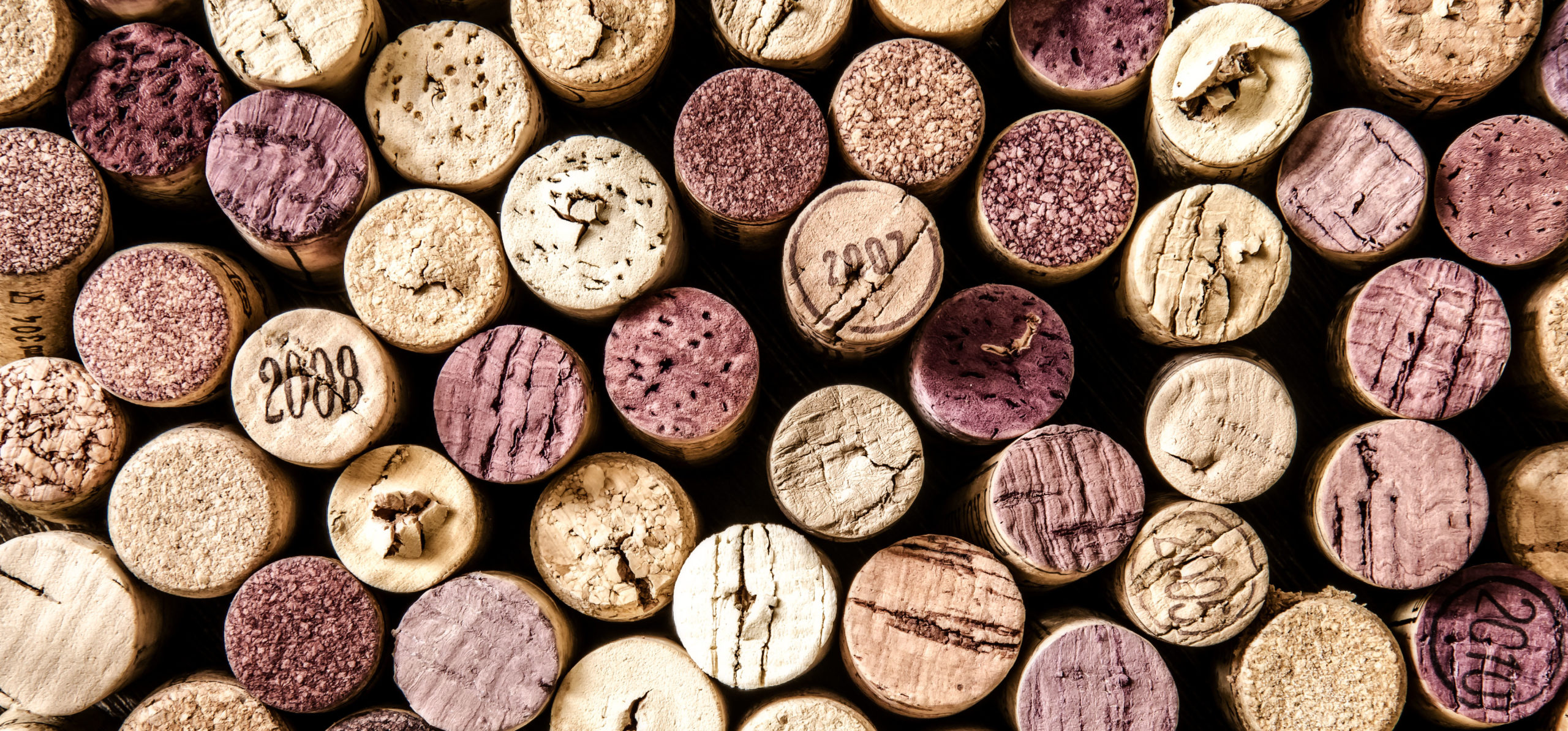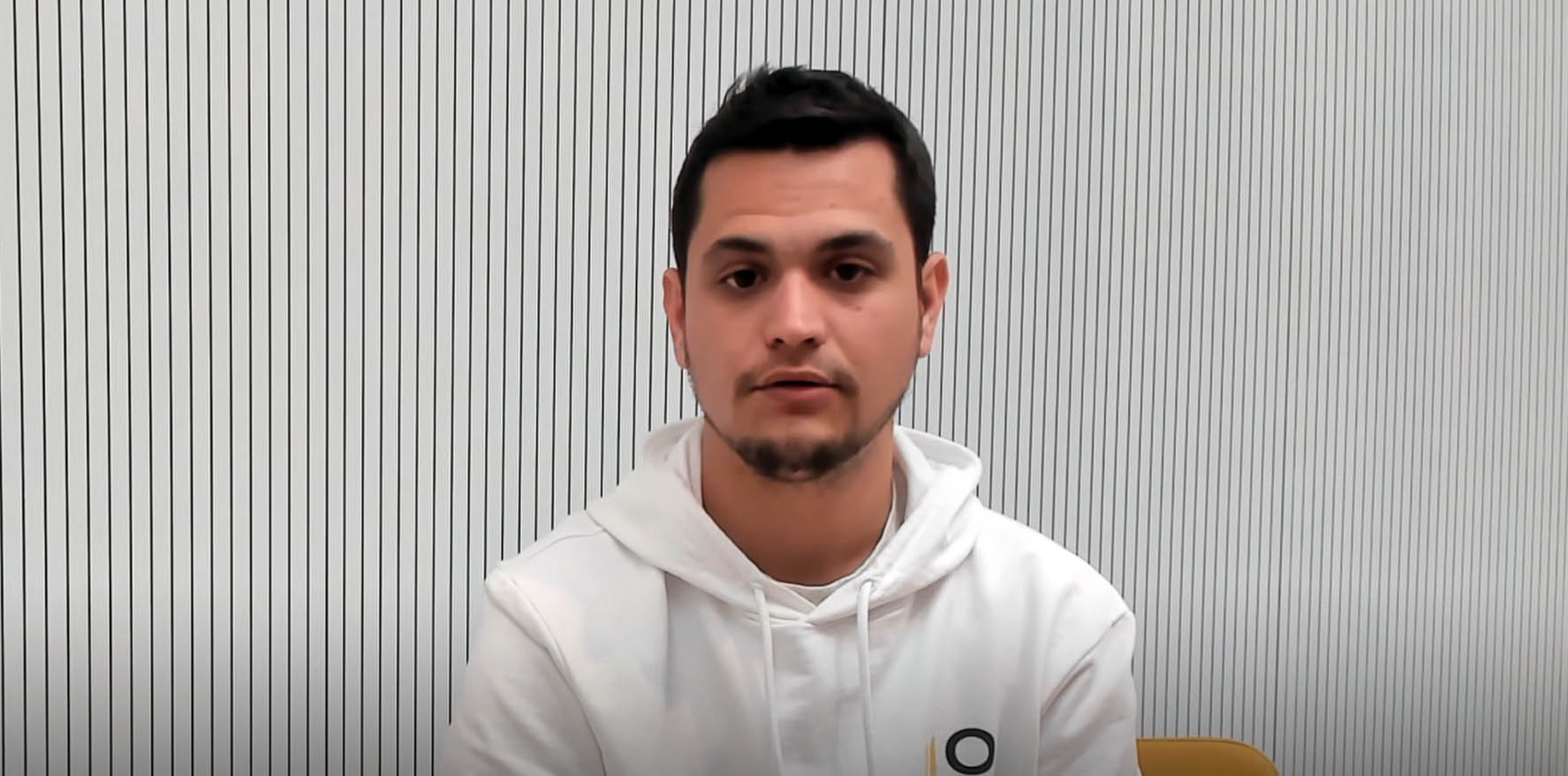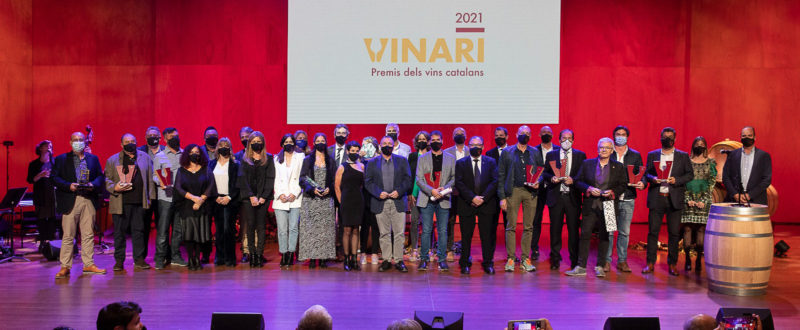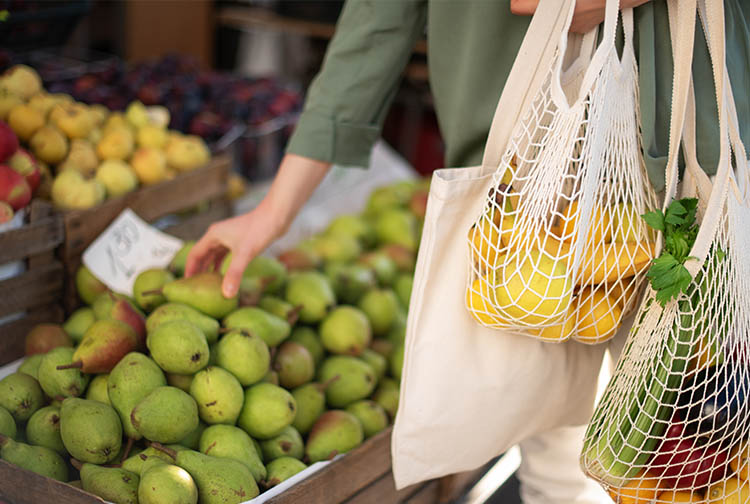

Changing the world thanks to a cork stopper
The properties of cork, a 100% natural product, make it an alternative in highly polluting sectors such as the construction industry. The circular economy of cork stoppers can have a decisive environmental impact.
The fight for sustainability and the environment calls for a reduction in the use of carbon, an essential action if we want to slow down climate change, but which is perhaps not enough. Initiatives such as Recork go further: they believe the use of carbon should not only be reduced to zero, but that it should be in negative numbers. This means that no carbon dioxide is emitted, because more carbon dioxide is retained than is emitted.
And this is precisely what makes it possible to work with cork, a material that has gained importance in recent years thanks to its low environmental impact. Moreover, it can be used in so many ways and in so many sectors that cork is becoming an essential material for sustainable development and the so-called circular economy.
A material with a thousand uses
Cork is extracted from the bark of the cork oak, a tree of Mediterranean origin. In the end, cork is nothing more than the dead cells that the cork oak secretes to create the bark, which insulates and protects the tree from external agents. Once the cork has been extracted, it does not lose any of its qualities: it is waterproof, insulating, resistant, light, elastic, and even acts as a natural insect repellent. Moreover, the cork oak regenerates its bark, so cork extraction does not damage the tree.
These properties make cork a perfect material for construction, which is one of the most polluting sectors. Its applications are diverse, but its insulating function stands out, both thermally and acoustically. In addition, cork is often mixed with concrete to reduce the weight of the mixture or to make parquet floors more resistant. It is also used to make chipboards. Depending on how it is treated, cork wool or cork paper can even be made. All these uses make cork the main ally of the so-called bioclimatic architecture.
The eternal life of the circular economy
In Catalonia, the cork oak industry has a remarkable weight, although it often goes unnoticed. In 1991, the Institut Català del Suro (ICSuro), a private, non-profit, scientific foundation, was created. The institute aims to promote the cork sector, from the management of the forests to the production of the final product. And, at the same time, it focuses on research. In 2020, the sector produced more than 7,000 tonnes of cork.
The importance of cork is clear. Now, the question is how to manage the material properly and enable a good supply. It should be borne in mind that cork can be extracted from a cork oak every eight or nine years, despite the fact that in Catalonia growth is slower, up to 14 years, which makes it possible to produce higher quality, less porous cork. This limits its supply, and this is where the circular economy gains importance, because it aims to give new lives to cork. Recycling the material, without losing its properties, can make cork achieve almost eternal life.
11Onze is becoming a phenomenon as the first Fintech community in Catalonia. Now, it releases the first version of El Canut, the super app of 11Onze, for Android and Apple. El Canut, the first universal account can be opened in Catalan territory.






👏
Gràcies, Daniela!!!
Article molt interessant
Gràcies
Gràcies a tu David pel comentari, celebro que el trobis interessant!!
A mes no oblidem que els boscos d’alsines sureres cultivats de forma sostenible afavoreixen la biodiversitat del nostre país, tan necessari!
Bona reflexió! Gràcies, Gabriel!
Seria bo que no anés a parar a les escombraries.
Totalment d’acord Miquel. Ens veiem per la Plaça
Jo e lleguit “ no se on “ que empreses nostres de cava compren els taps de suro a Extremadura !!!! Es cert això tenin aqui tot el qie tenim ?
No ho sabia, Manel. El que sí que veig, cada cop més, ampolles de vi blanc amb taps d’alguna mena de plàstic, en comptes del suro de tota la vida.
Amb el suro Catalunya pot aportar arbres i coneixements ja que la industria surera ve de molt enrera.
Gràcies, Francesc pel teu comentari. Ens veiem per la Plaça
Molt be 👍
🙏
Tot serà que consseguim que la majoria de ciutadans s’adhereixin a aquesta consigna.
Tant de bo, Josep!
Ben resumit. Tots hem d’aprendre i ens hem d’implicar. Gràcies.
Gràcies a tu, Pere, pel teu suport!
A tenir en compte els materials que es van descovrint per la sostenibitat
I també és un material, molt fàcil de reciclar a causa del fet que aquí som grans consumidors de vi. Fet que a la nostra terra es produeixen caldos excel·lents.
👌